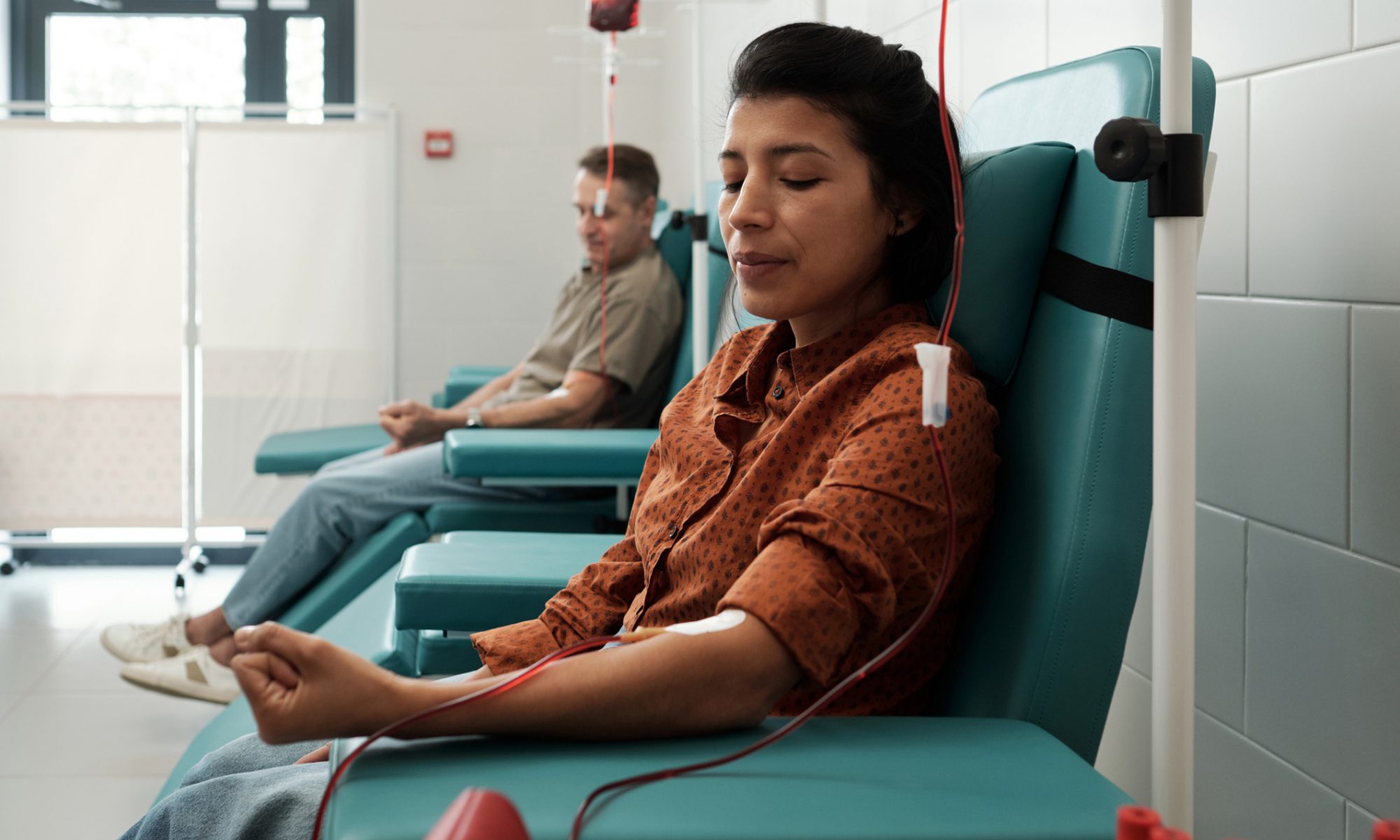Kidneys act as blood filters for the human body. Normally, kidneys filter approximately half a cup of blood every minute. During the filtration process, the kidneys remove wastes and extra water, resulting in urine. Sometimes, because of certain underlying kidney diseases, they fail to filter the blood correctly. This can lead to kidney failure. Read the full article from CBS Miami.
Extending Eligibility of Reinstatement of Waiting Time after Allograft Failure
The optimal treatment for kidney failure is kidney transplantation. The shortage of kidneys available for transplantation is intensifying, creating interest in the high proportion of deceased donor kidneys discarded after procurement. The discard rate for deceased donor kidneys recovered for transplant in the United States is approximately one in five, despite evidence that transplantation with even marginal deceased donor kidneys can improve survival, quality of life, and cost, compared with dialysis. Read the full story in Nephrology Times.
Kidney Failure May Drive COVID Deaths in People With Sickle Cell Trait
— COVID-19 severity strongly linked with sickle cell anemia as well
COVID-19 patients with sickle cell trait (SCT) were prone to poor outcomes that appeared to be driven in part by kidney dysfunction, a genetic association study suggested.
Among U.S. veterans of African ancestry, SCT was tied to a higher chance of COVID-related mortality versus those without the trait (OR 1.77, 95% CI 1.13-2.77). The presence of either sickle cell anemia or another SCT-related condition was linked with more than 93-times higher odds of severe COVID-19 illness (OR 93.17, 95% CI 78.60-110.44), according to Shiuh-Wen Luoh, MD, PhD, of the VA Portland Health Care System in Oregon, and colleagues. Read more in MedPage Today.
Effects of exercise in renal transplant recipients
Even after a successful renal transplantation, the renal transplant recipients (RTRs) keeps on suffering the consequences of the uremic sickness. Cardiovascular risk, work capacity, and quality of life do not improve according to expectations since biological and psychological problems are not completely solved by pharmacological treatment.
Read more in the World Journal of Transplantation here.
Kidney Transplant Survival Benefit Greater for Patients on Dialysis
Deceased donor kidney transplantation (DDKT) confers a greater survival benefit to adult waitlist candidates on dialysis than those managed preemptively, investigators reported at the 2022 American Transplant Congress (ATC 2022) in Boston, Massachusetts.
The current US Kidney Allocation System (KAS) allows for DDKT candidates not yet on dialysis to accrue waiting time points by listing at a transplant center with a low estimated glomerular filtration rate. Read the full story in Renal & Urology News.
Do you need support?
You aren’t alone! Talk to someone who’s been there.
What is NKF PEERS?
NKF PEERS is a peer mentoring program, where kidney patients are connected via phone with trained mentors who have been there themselves. Peer mentors can share their experiences with dialysis, transplant, or living kidney donation with you.
Learn more about NKF Peers from the National Kidney Foundation.
Physicians Transplant Kidneys into Children Without Immune Suppressing Drugs
Three pediatric patients with a rare genetic disease that causes kidney failure have successfully been treated with transplanted kidneys without using anti-rejection drugs or treatments.
Experts at Stanford University treated three children with a rare condition called Schimke immuno-osseous dysplasia (SIOD). This genetic condition not only causes a weakened immune system but also causes kidney disease, according to the Genetic and Rare Diseases Information Center at the NIH. Read more in Healthline.
Study explores antibody responses following three COVID vaccine doses in kidney transplant recipients
In a recent study posted to the medRxiv* pre-print server, Canadian researchers evaluated antibody responses in kidney transplant recipients (KTRs) before and one and three months after receiving the third dose of a messenger ribonucleic acid (mRNA)-based coronavirus disease 2019 (COVID-19) vaccine.
Read the full story in News Medical Life Sciences.
Walking For Kidney Transplants
I have often been asked why I take such long walks. I was in my transplant doctor’s office a few months back. He gave me that look. You know the look. Like that look your Dad used too give you before the stern lecture was coming. The serious discussion lecture. He told me I was not getting enough exercise, and I should try to get out more. He suggested walking. I’ve never been an athlete. I have avoided exercise in the past. I’ve always been an academic. I hated gym class. But I knew he was right. I spend a lot of time on my computer or phone. I’m known for my dedication (some have called it an addiction) to social media. As the proud recipient of AAKP’s inaugural National Social Media Education & Advocacy Award and as developer of 60 Kidney Pages and 50 Kidney Group pages, as well as nine electronic newspapers and 10+ blog sites, I knew my time online wasn’t going to slow down – but I also knew I had to get out and move more. But in my mind, it had to mean something more than just exercise for me to commit to long-term.
Read the full article from the American Association of Kidney Patients (AAKP).
Organ procurement and transplant board votes to establish race-neutral eGFR equation
The Organ Procurement and Transplant Network Board of Directors has unanimously voted to remove the race coefficient from eGFR equations.
Several organizations have called for the removal of the race coefficient because it puts Black patients on the transplant list at a disadvantage. Following the vote by its board, the Organ Procurement and Transplant Network (OPTN) will be implementing a race-neutral eGFR equation within 30 days. Read the full story in Healio.






